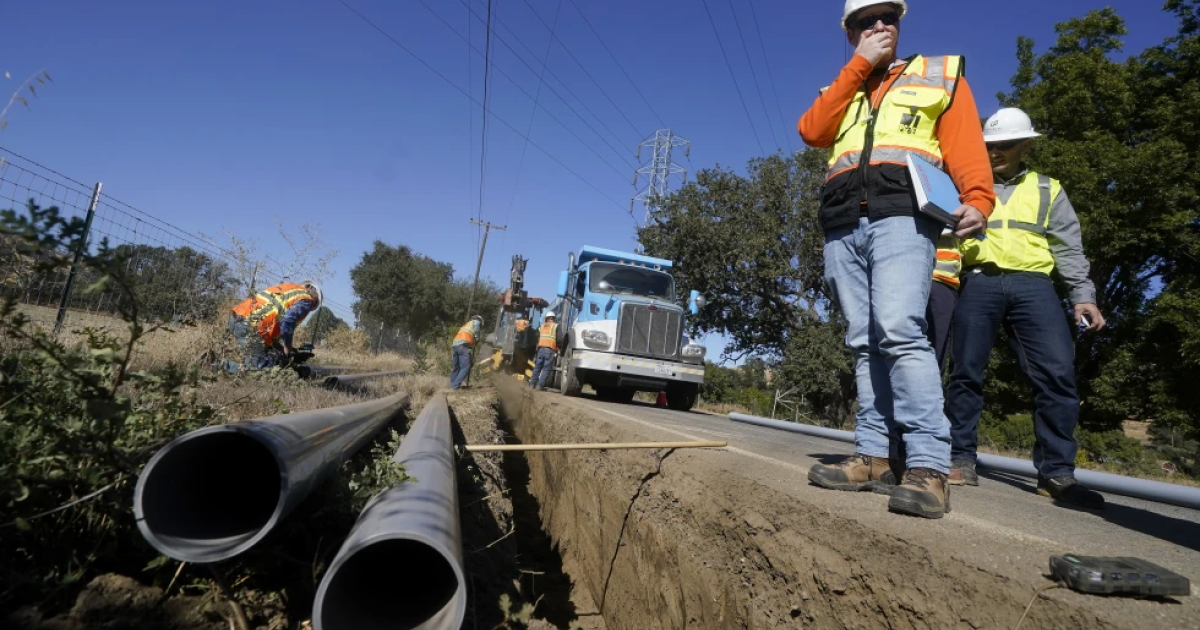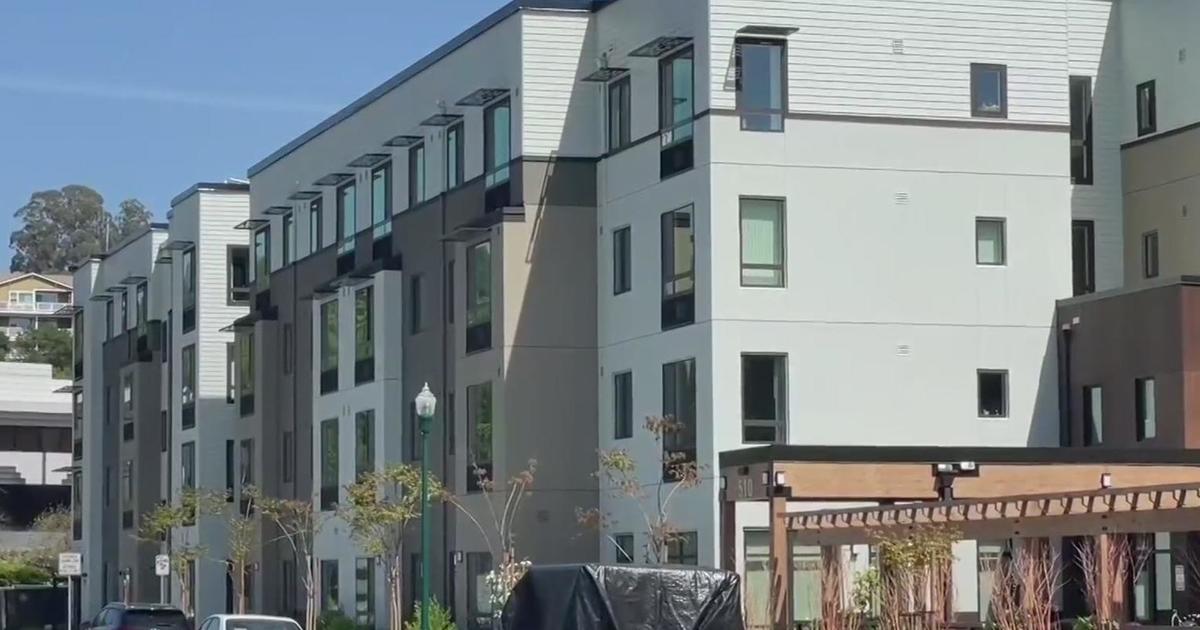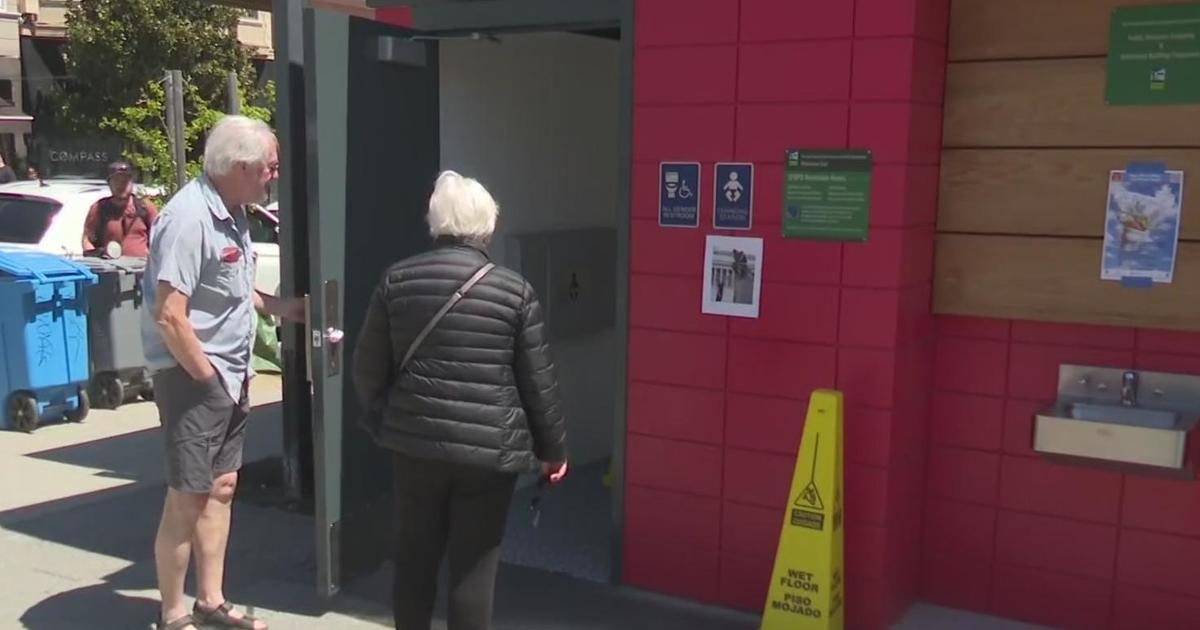Private Firms Question California High-Speed Rail Funding
SACRAMENTO (CBS / AP) -- Businesses firms that might bid to build a high-speed rail network across California are questioning whether there will be enough government funding to complete the complex and ambitious project.
That picture emerged from documents the companies submitted to the state rail authority overseeing the project, which has solicited ideas for how it should approach building a first segment of 300 miles of track by 2022.
Critics have cited the lack of private investors as a major flaw in planning would be the nation's largest transportation infrastructure project, with a cost estimated at $68 billion. So the California High-Speed Rail Authority asked firms to suggest how to reduce costs, speed up construction and attract outside money.
In response it received 36 submissions from firms including global construction and engineering giants AECOM, Siemens and Parsons. The rail authority released the documents to The Associated Press under a Public Records Act request.
The authority has planned an "initial operating segment" from Merced to Burbank, with a scheduled opening date of 2022. On Friday, authority spokeswoman Lisa Marie Alley said the purpose of the proposals was to see whether it could be built sooner.
The target date to connect San Francisco with the Los Angeles area is 2029.
One common theme from the documents: Where will the money come from to make that happen?
"The total funding identified is still insufficient" to deliver an initial operating segment, Parsons wrote in its 17-page submission. "This shortfall, as well as the uncertainty around these sources, must be addressed."
The state Legislature agreed last year to provide the first ongoing source of financial support to the project: a quarter of all revenues from the state's greenhouse gas emissions program in which companies buy and sell pollution credits. That amounted to $750 million over the last two fiscal years, with a promise of 25 percent of "cap and trade" revenues into the future. Voters in 2008 also approved nearly $10 billion in bonds, and the federal government has committed $3.5 billion in matching funds.
Because ticket fees are not expected to generate nearly enough revenue to cover debt from construction, "there must be significant government funding," AECOM wrote in its 23-page submission.
One critic of the project doubts it can attract investments from outside government.
"No private investor will hand over the billions they are asking for and then allow the state to own and govern the use of that investment," said William Grindley, a retired international business consultant who has closely followed -- and consistently raised doubts about -- the project.
In the documents, many firms suggested breaking the project up into smaller contracts, typically in the $3 billion to $5 billion range. Anything much larger could scare off even the world's largest construction and financing firms, the respondents said.
"The market cannot absorb a single $20 billion contract," a group led by ACS Infrastructure Development, Inc. wrote, arguing that the risk to a construction firm would be too high and that "financial institutions would not invest into a project of such unprecedented scale and cost."
Officials with the rail authority called the receipt of 36 responses a sign that the private sector is very interested in the project.
"Two years ago, we were calling them -- and now they're calling us," Alley said. "This project is real for a lot of people, more so than before."
The authority plans to interview respondents over the next few months and publicly discuss next steps in the new year, Alley said.
© Copyright 2015 The Associated Press. All Rights Reserved. This material may not be published, broadcast, rewritten or redistributed.



